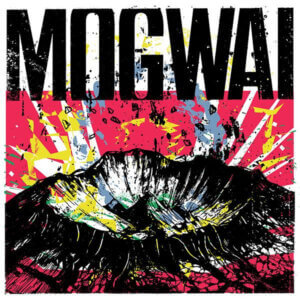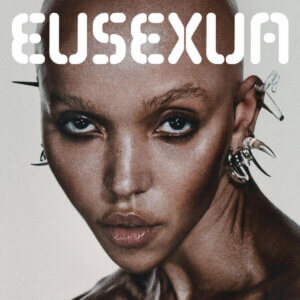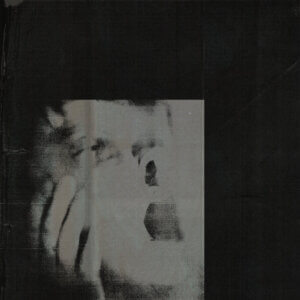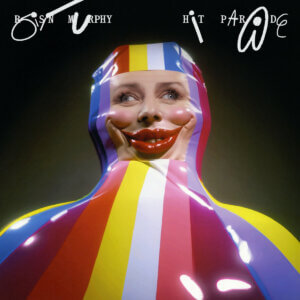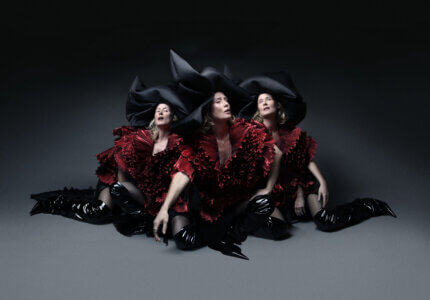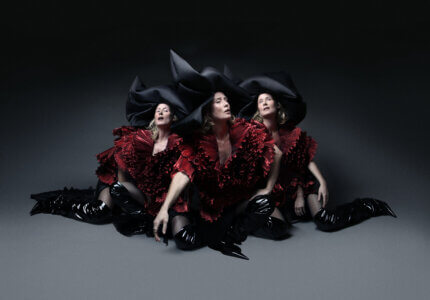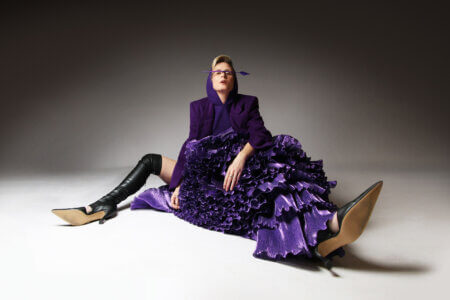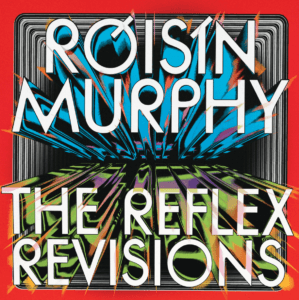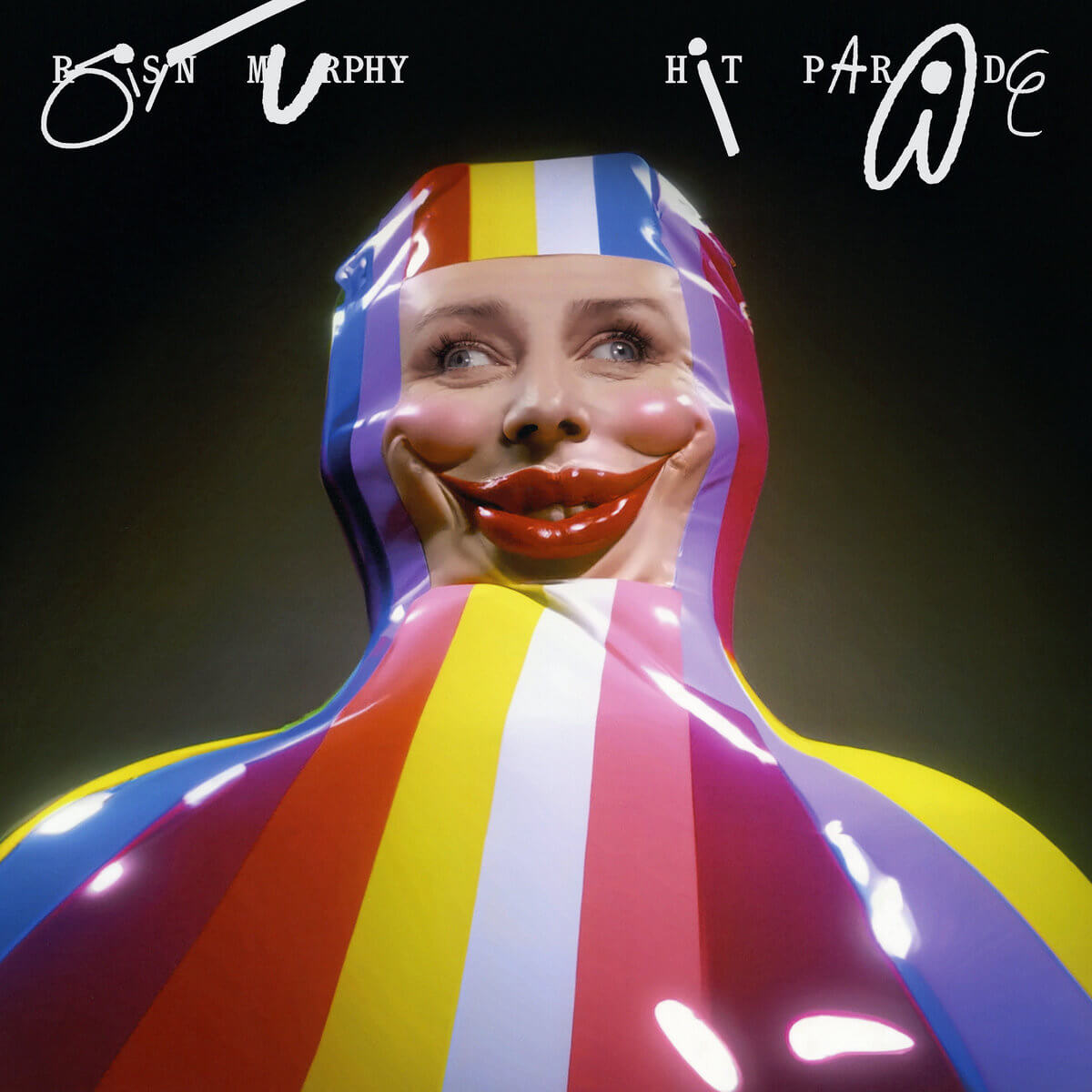
8.6
Hit Parade
Róisín Murphy
It was going so, so well. Róisín Murphy, a paragon of eccentric dance music from her early days in funk band Moloko, continuing on with a flourishing solo career, was set to take the world by storm with Hit Parade, her sixth and likely best album. “That old magic’s back,” she said on lead single “CooCool,” a breezy springtime anthem heralding “silly season.” Each single that followed since the beginning of summer — cosmic calm on “The Universe,” reckoning with death on “Fader,” and the house slowburn “You Knew” — were each perfect, necessary avant-garde pop songs that could have only been made by Murphy (and DJ Koze, who the album was produced by).
The month before Hit Parade was set to release, Murphy made comments on her personal Facebook account criticizing puberty blockers, saying it was a scheme from Big Pharma. “Little mixed up kids are vulnerable and need to be protected,” she said, “that’s just true.” Backlash ensued, and later, she issued an incomplete statement apologizing for the fact that people were hurt by her comments, but didn’t clarify why she even said them. “I have been thrown into a very public discourse in an arena I’m uncomfortable in and deeply unsuited for,” she opened. “I will now completely bow out of this conversation in the public domain.” NinjaTune, her label, is stopping promotion of the album, and donating their proceeds of the sales to organizations supporting trans activism.
For Murphy’s fans, who are small but strong, and skew LGBTQ+, her words (and apathy for the reasoning behind them) came as a shock. For years, she’s made club-ready dance music, and to her, that community’s support made “absolute sense.” So when all signs point to an upcoming album with oddball production choices by Koze and enigmatic songwriting and performance of Murphy, likely to be packed with career standouts (as the name implies), where else is there to go?
For better or for worse, Hit Parade isn’t as overwhelmingly spectacular as its first singles made it out to be. It peters out near the end, where, in “Crazy Ants Reprise,” the narrator of “The Universe,” back from a boat trip, muses about dishwashers–but it feels like a play skit rather than a necessary inclusion. In “Two Ways,” Murphy’s voice is manipulated almost beyond recognition while she sings about a relationship’s security on a trap beat (“Every secret’s safe with me”). The closer, “Eureka,” has some haunting remembrances of illness and the weight we carry, where she opens, “What the doctor said / He took one look at me / Told me he could see / There was something there.” But it follows the idea of some of the songs on her debut album Ruby Blue, where anxiety is not only the topic but the feeling — the song turns stirring amid a pulsating underwater beat and surgical lyricism.
But when Hit Parade is at its best, it’s some of the finest music Murphy has ever released. Some of the songs are guaranteed to populate year-end lists, with their contained worlds and cinematic ideas — the most clear being “The Universe,” a funky tale of cosmic force rising to join two lovers. “I guess we were wrong / The Universe is singing a song / Everything’s pushing us on,” she admits, before breaking into an interlude where she plays a dramatic American upset when her boat trip doesn’t go as planned. She comes back to interpolate the lullaby “Row, Row, Row Your Boat,” and ends with a romantic ask: “Giving yourself to me / How could it ever be wrong?” It’s a bizarre mash of ideas and sounds, yet, somehow, it’s all there.
Similarly fantastically apathetic is “Fader,” an eerie rumination on death — “Off to meet my maker, when I’m good and ready,” she says, bracing for whatever happens. Darker still is the opener “What Not To Do”, a regretful regurgitation of early-relationship awkwardness over rubbery synths and a grounding beat. “Show me, teach me, how to be,” she pleads, “Turn me into anything you need.” Elsewhere, on the funky “The House,” she metamorphosizes her worries into a tangible object: “This house is holding it / All that loneliness / This place is going insane,” she sings.
Other places, her anger is directed toward a more tangible object. “Hurtz So Bad” asks where a relationship went wrong, starting with Murphy’s own actions (“Did I ever disappoint you?”) then to the partner’s (“You were sending signals”). The hypnotic track ends in a downward spiral, with Murphy’s voice chopped up and digitized, crying, “He hurts me so hard / He plays me like his keytar.” On “You Knew,” too, she’s scathing, accusatory. In a spoken-word bridge, Murphy lays it all out: “I think you’ve always known I had feelings for you that burn / But you just won’t go there with me,” playing up the emotional immaturity of the other partner. “Your mere reactions,” she notes, “I take actions.”
“You Knew” is one of three seven-minute dance-numbers — “Free Will” starts jittery and turns glittery. Murphy doesn’t believe in free will, she says, but has some advice for dealing with it anyway: “When it’s all in the hand of a god… Just make believe you can write the play / And pretty soon it won’t matter much anyway.” Delusional or optimistic, it could work either way. “Can’t Replicate” is a love track that steadily builds in energy until a quick admission of intimacy: “I let you see deep beneath the secret.” She continues, “Believe me, I eat, I sleep it, I need you.”
Hit Parade looks at unease right in the eye and deliriously smiles anyway. From its surreal, bizarre cover art to the seemingly untapped freedom of Murphy and Koze, it stuns at every angle. It’s a shame the album is arriving so close to controversies surrounding the artist, as it might be the most important work of her career. If you’re inclined to look, there remains real magic here. Hit Parade is Róisín Murphy’s absurdist masterpiece — deeply silly, seriously good.
Latest Reviews
Tracks
Related Albums
Related News
Advertisement
Looking for something new to listen to?
Sign up to our all-new newsletter for top-notch reviews, news, videos and playlists.
